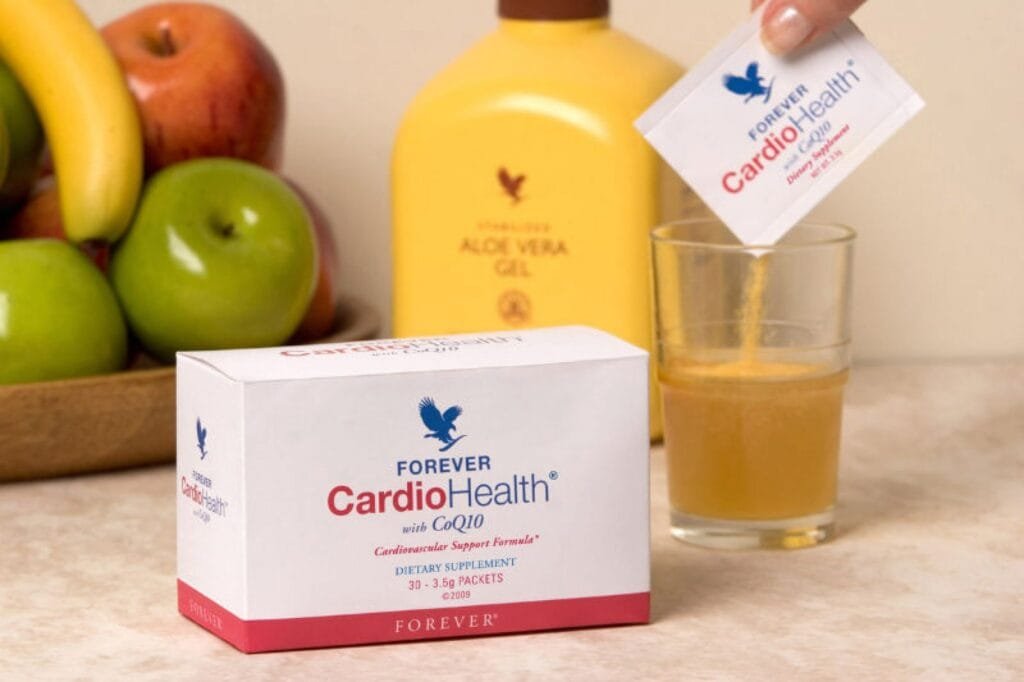Table of Contents
Introduction
Heart Disease Medication for Life. Heart disease remains one of the leading causes of death globally, affecting millions of individuals. For many patients diagnosed with heart disease, medication becomes a crucial part of managing their condition and improving their quality of life. In some cases, heart disease medication is required for life. The types of drugs, their construction, and correct dosage are the only things that patients need in order to preserve their health.

1. What is Heart Disease Medication for Life?
Heart disease medication for life refers to the long-term use of drugs prescribed as treatment for various forms of heart disease, including coronary artery disease, heart failure, arrhythmias, and high blood pressure. Many patients use these medications as preventive treatments against complications, symptom relief, and heart function improvement.
While many patients are actually only on medication temporarily, others have chronic heart conditions that require medication lifelong in order to combat the disease properly and decrease the risk of major events, such as heart attacks, strokes, or worsening heart failure.
2. Why do some heart disease patients need medication for life?
Heart disease causes permanent damage to the heart, blood vessels, and other organs. Medications assist the patient in managing risk factors such as elevated blood pressure, high cholesterol, and arrhythmias—these all propagate the development of heart disease. The overall aim is to control the disease and also decrease the chance of a cardiac complication, which could be life-threatening.
In such conditions as heart failure or severe coronary artery disease, the heart cannot pump blood well.
Medications become a necessity for the long term to support heart function, control fluid retention, manage blood pressure, and for the many other things it has to do.
3. Typical Medication for Heart Disease
The medication for heart disease differs with the type of heart disease a patient may be suffering from.
Some of the most common medications prescribed in managing heart disease include:
3.1 Statins
Statins are employed for lowering cholesterol, especially LDL (“bad” cholesterol), which may accumulate in arteries and cause blockages. The reduction of cholesterol limits the risk of an acute attack of the heart and stroke. Beta-blockers are prescribed long-term for patients with a history of coronary artery disease.
3.2 Beta-Blockers
These are useful in lowering the blood pressure and heart rate. They prevent, to an extent, the heart from the action of adrenaline and thus make the heart beat more slowly and weakly. This decreases the workload on the heart and is important in patients with heart failure or arrhythmia.
3.3 ACE Inhibitors
Angiotensin-converting enzyme (ACE) inhibitors are drugs prescribed to dilate blood vessels and decrease blood pressure. They are usually used for patients suffering from heart failure or hypertension and are supposed to prevent the progression of heart disease. This is done by improving blood flow that reduces strain on the heart.
3.4 Diuretics
Diuretics, known as “water pills,” are employed to promote diuresis, that is fluid loss from the body, a process especially common in the patient with heart failure. They alleviate the symptoms of edema and dyspnea, which are prevalent in heart failure.
3.5 Anticoagulants
For arrhythmias, such as atrial fibrillation, blood thinners or anticoagulants might be prescribed to prevent blood clots from occurring. Such drugs significantly reduce the chance of a stroke that results from arrhythmias.
3.6 Calcium Channel Blockers
Calcium channel blockers help enlarge and smooth the blood vessels, which leads to low blood pressure coupled with reduced heart workload. These drugs are primarily used in patients with angina (chest pain) and hypertension.
4. How Is Heart Disease Medication Dosage Determined?

Dosage of heart disease medication is highly individualized and only determined based on factors such as:
Type of heart disease: The condition the patient has will determine which medicine to prescribe and at which strength.
Age and general well-being: Elderly people or those with underlying health conditions may need dosages adjusted.
Kidney and liver function: Some heart diseases’ medications impact the kidney or the liver, and the organ health would dictate the dose of medication to be used.
Response to treatment: Doctors will monitor how patients respond to medication and recommend a change in dosage for optimal results with minimal side effects.
Dosage may begin at a relatively low level and then be increased slowly until some effect is obtained. Follow-ups with physicians are often required on a regular basis to observe changes in the patient’s condition.
5. How Long Do You Need to Be on Heart Disease Medication?
For some, heart disease medicines become a necessity for a lifetime. Notably, this is in patients who have chronic diseases such as coronary artery disease, heart failure, or an arrhythmia. Though the individual may make lifestyle adjustments such as diet and exercise or quit smoking, most of the time, it will not be adequate to eliminate the need for medications.
However, some patients will eventually reduce their medicine intake after significant improvement or after procedures such as bypass surgery and angioplasty that address the root causes. Always see a doctor before changing medicine regimens.
6. Frequently Asked Questions About Heart Disease Medication for Life
It’s very important to discuss any decision to stop taking heart disease medications with your doctor, even if you feel well. Many conditions causing heart disease do not have symptoms, and stopping medications may increase the risk of complications such as heart attacks or strokes. Your healthcare professional can advise on whether any changes are needed.
Q1: Can I stop heart disease medication if I feel well?
Q2: Are there natural alternatives to heart disease medication?
While lifestyle modification—including lifestyle activities like diet, exercise, and stress management—may contribute to heart health, it is never recommended to be an alternative treatment for prescribed medicines unless your doctor has approved of it. Some heart disease medicines may interact with supplements or herbs, so involve a medical professional before using any natural remedy.
Q3. What are the side effects of heart disease medications?
Common side effects differ from medication to medication, which include dizziness, fatigue, nausea, muscle pain, or swelling. It’s always important to report these side effects to your physician so that they can be modified if the need calls for it.
Q4: Can heart medicines be used in addition to other drugs?
Some heart disease medications interact with other drugs, so always inform your doctor about any other medications or supplements that you are taking. They will adjust dosages or recommend alternative treatments to avoid dangerous interactions.
Q5: How often do I need to see my doctor while on heart disease medication?
McDougal and Foerster suggest that checkups on the effectiveness of one’s medication are equally important. Normally, a patient who is on medication for heart disease should seek to visit their healthcare provider every 3-6 months.
7. Conclusion:

Chronic disease medication is usually necessary for the chronic patient for control of long-term conditions, for prevention of complications, and for comprehensive heart health. Patients should know what kind of medicines they are to take and the right dosage and follow-up process.



